The right CRM can make or break how your enterprise sells, markets, and grows. Let’s compare HubSpot and Salesforce head-to-head so you can decide which one truly fits your business.
The Big CRM Question
For an enterprise, a CRM isn’t just software sitting in the background. It shapes how deals move forward, how quickly teams can respond to customers, and how well leaders can see what’s really happening across the business.
The decision between HubSpot and Salesforce is often less about the technical checklist and more about culture, growth plans, and how much complexity you’re willing to manage. One platform leans into simplicity and user adoption, the other into depth and customisation. Both can transform the way an organisation works—but which one's best for you?
Which One Feels Easier to Use?
A CRM only delivers value if people actually use it. This is where HubSpot has built its reputation—an interface that feels intuitive from the moment you log in. Sales reps, marketers, and service teams can usually find their way around without long training sessions, which means adoption rates stay high and frustration stays low.
Salesforce, on the other hand, is powerful but more complex. Many enterprises find they need a dedicated admin or even a team of specialists to keep things running smoothly. For some, that level of depth is exactly what they want. But for organisations that need their teams to hit the ground running and focus on customers rather than navigating software, HubSpot tends to offer the smoother path.
How Each Handles Complex Needs
Enterprises don’t just need a CRM that looks good on day one—they need one that can evolve as the business grows and processes become more demanding. Here’s how HubSpot and Salesforce compare when things get more complex:
HubSpot
-
Designed to scale with growing teams, adding advanced features without losing its ease of use.
-
Enterprise-level customisation is now stronger than ever, with flexible objects, permissions, and workflows that can adapt to unique processes.
-
Still prioritises usability, so teams don’t feel like they’re wrestling with the system when they need to make changes.

Salesforce
-
Known for its almost limitless customisation—if you can imagine it, you can probably build it.
-
Often requires significant time, technical expertise, and dedicated admin support to get it right.
-
Can deliver highly tailored solutions, but at the cost of added complexity and ongoing maintenance.
In practice, both platforms can handle complex enterprise needs. The difference is that HubSpot keeps complexity under control, while Salesforce often leans into it. For many enterprises, that makes HubSpot the more sustainable choice over time.
Integrations and Tech Stack Fit
No enterprise runs on a single platform. Your CRM has to connect smoothly with the rest of your tools—whether that’s marketing automation, finance systems, customer service platforms, or analytics. Here’s how HubSpot and Salesforce approach integrations:
HubSpot
-
Offers a marketplace of thousands of ready-to-go integrations covering everything from email and ads to finance and project management.
-
Built with “plug-and-play” simplicity in mind, so most connections can be set up quickly without custom development.
-
Deep integrations with marketing, sales, and service tools inside the HubSpot ecosystem reduce the need for multiple platforms in the first place.

Salesforce
-
Has one of the largest app marketplaces in the world, with the AppExchange offering countless options.
-
Many integrations require developer support or third-party specialists to configure properly.
-
Strong ecosystem for enterprises already heavily invested in custom software and complex IT stacks.
Seeing the Bigger Picture
For enterprises, data is only useful if it’s clear, actionable, and easy to share. Both HubSpot and Salesforce bring strong reporting capabilities, but the experience is very different.
HubSpot
-
Out-of-the-box dashboards are intuitive and immediately useful, with pre-built reports for sales pipeline, marketing performance, and customer service metrics.
-
The Custom Report Builder allows teams to drill into CRM objects, marketing attribution, and revenue performance without needing advanced technical skills.
-
Attribution Reporting ties marketing campaigns directly to closed deals, making it easier to prove ROI.
-
Real-time dashboards can be shared across teams or displayed on screens, keeping everyone aligned without manual reporting work.

Salesforce
-
Offers Salesforce Reports and Dashboards, which are powerful but can be difficult to master without admin support.
-
Einstein Analytics (now Tableau CRM) adds advanced AI-powered insights, but comes at an extra cost and requires technical expertise to unlock fully.
-
Custom reporting is extremely flexible, building and maintaining those reports often needs dedicated resources.
Pricing and Long-Term Value
Both HubSpot and Salesforce come with enterprise-level costs, but they structure pricing differently. Salesforce offers tiered licences that can scale to almost any level of complexity, though enterprises often find the real investment grows with add-ons, implementation, and specialist support.
HubSpot’s model is designed to be more transparent, with clear tiers across its Hubs and an Enterprise Suite that bundles advanced tools together. While the upfront price can still be significant, many organisations find the quicker onboarding and reduced reliance on external resources help balance the overall cost.
Learn more about HubSpot's pricing model here.
Which CRM Works Best for You?
Choosing the right CRM is a big decision, and the best way to understand the impact is to see it working for your business. At BBD Boom, we specialise in helping enterprises unlock the full potential of HubSpot—from setup and strategy through to adoption and growth.
If you’d like to explore how HubSpot could work for your organisation, book a demo with our team and we’ll show you exactly how it can streamline your processes, connect your teams, and deliver measurable results.
.png?width=877&height=508&name=bbd-boom-siloy-navy+blue-logo%20(1).png)
.png)
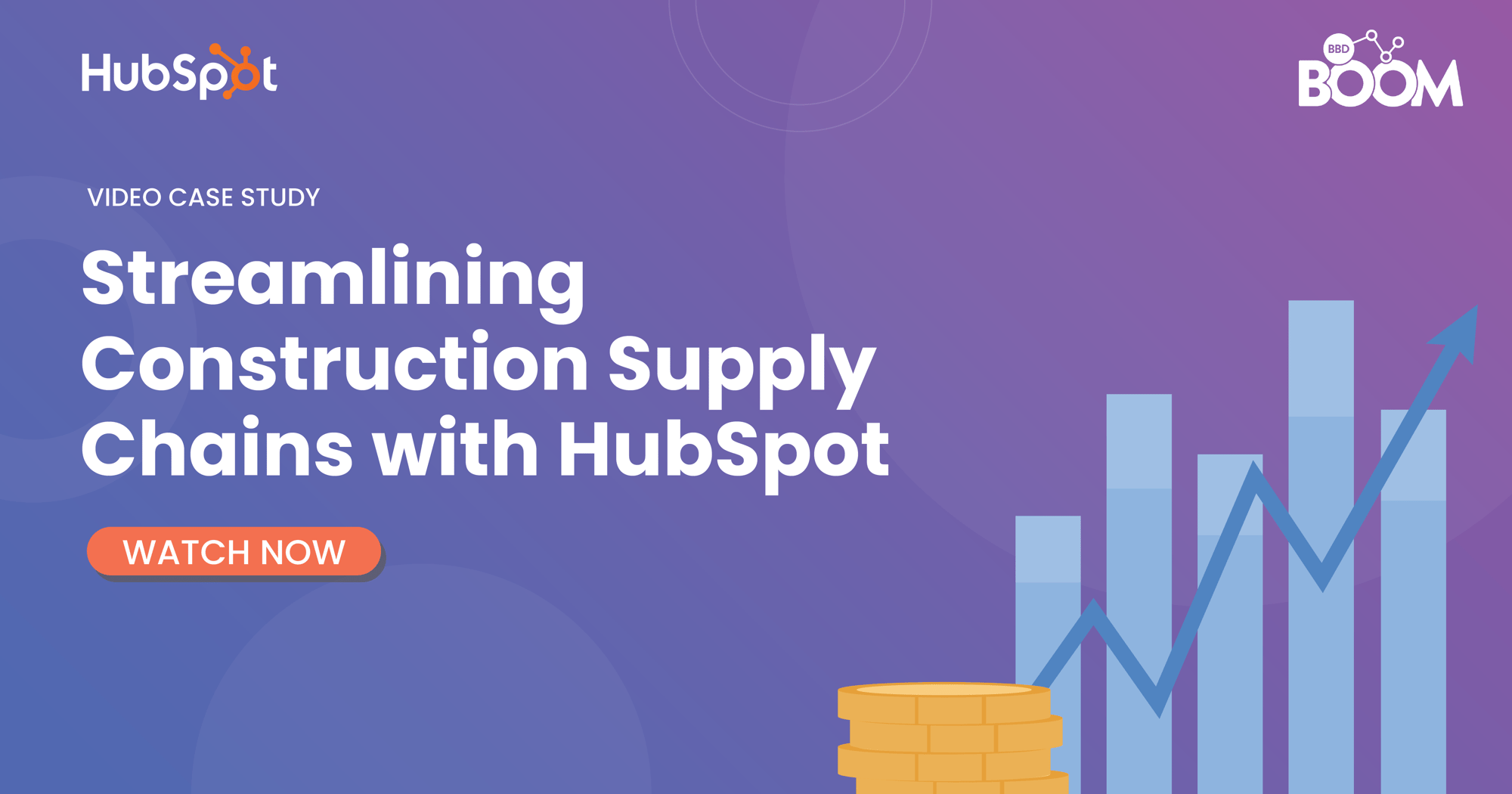
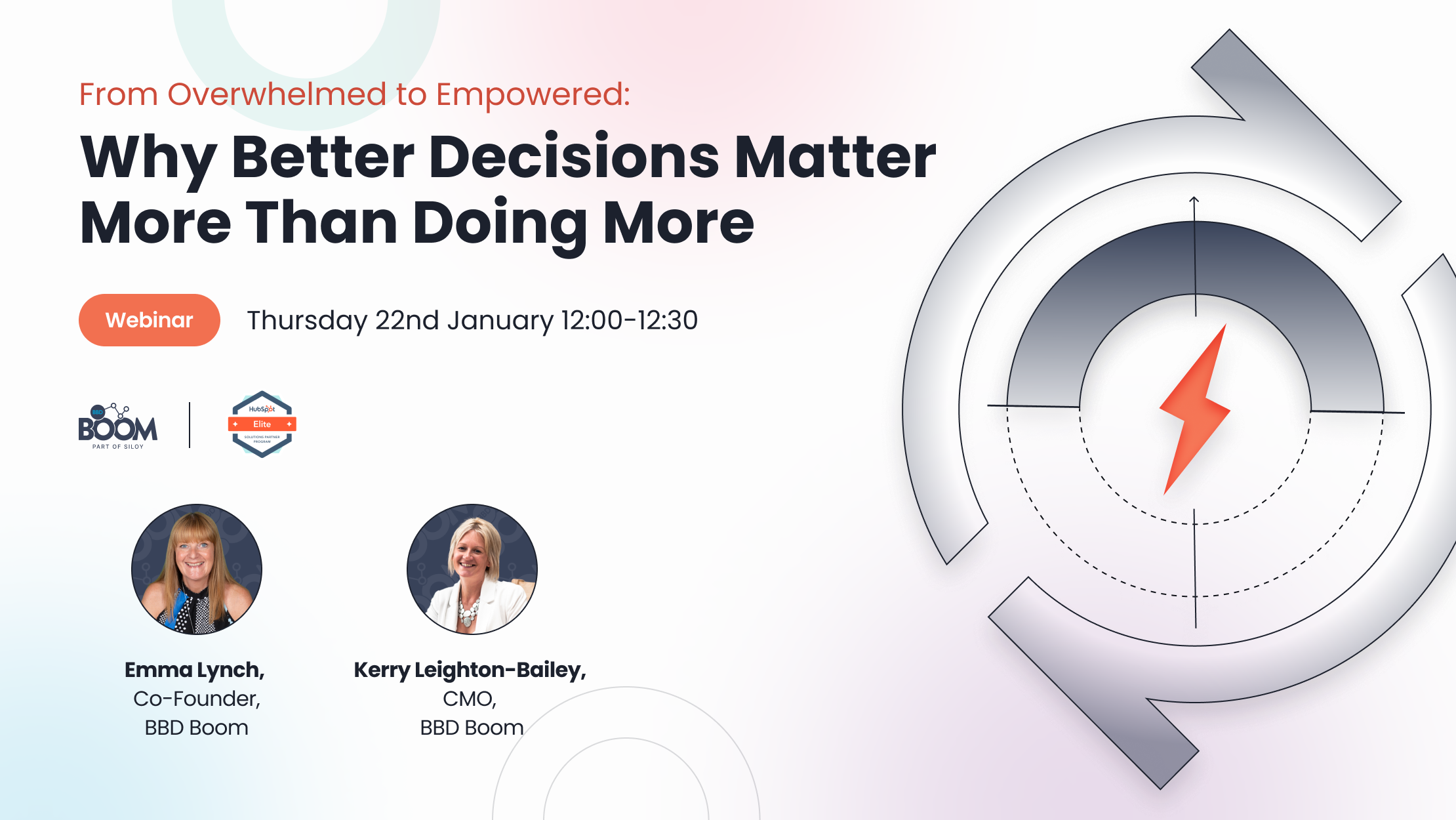

-1.png?width=50&name=Webinar%20Speakers%20(1)-1.png)
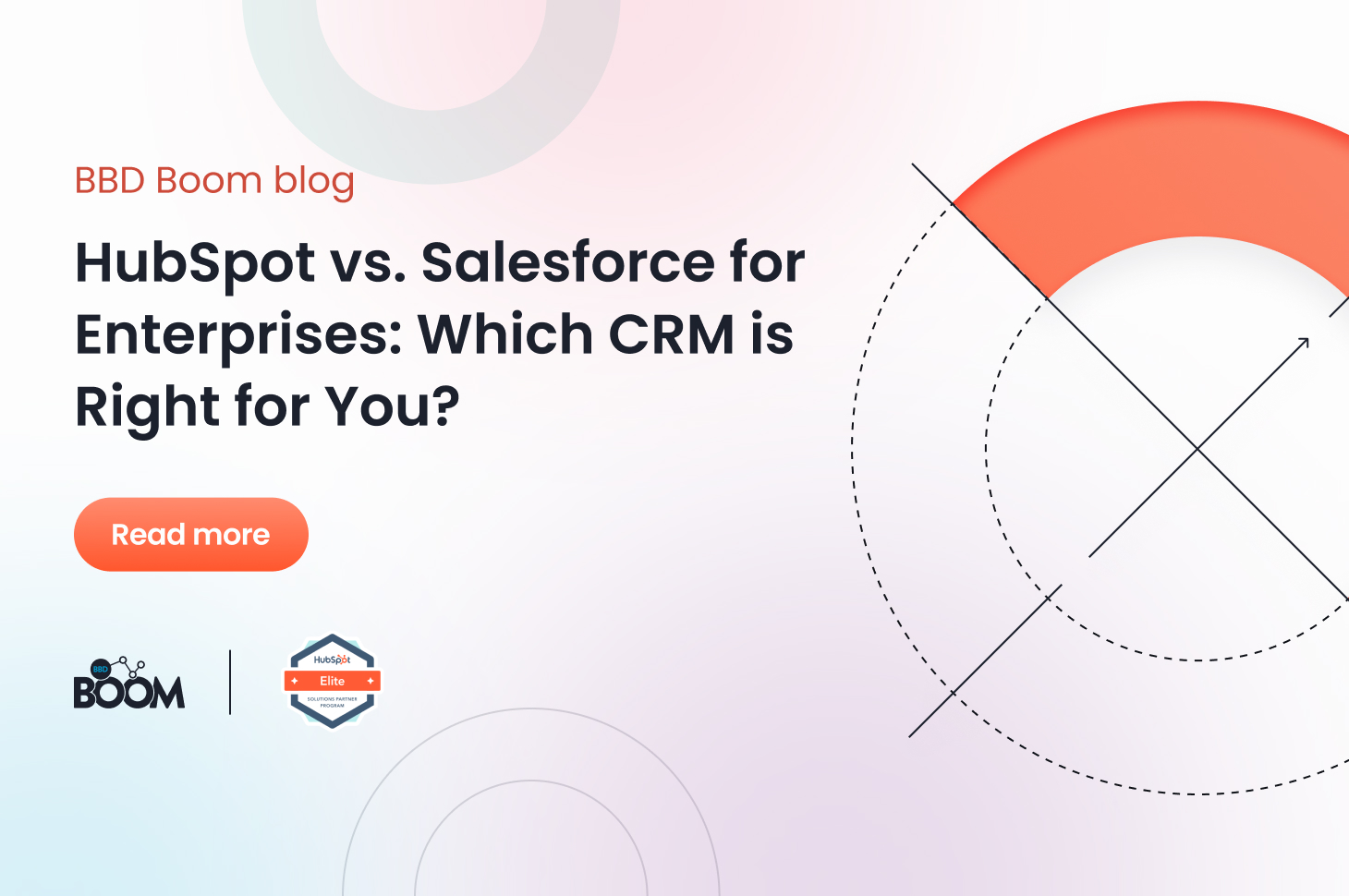

-1.png?width=90&name=Webinar%20Speakers%20(1)-1.png)
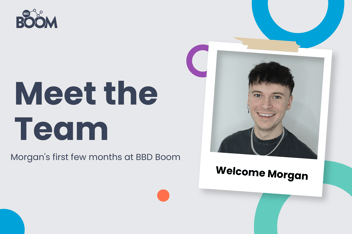
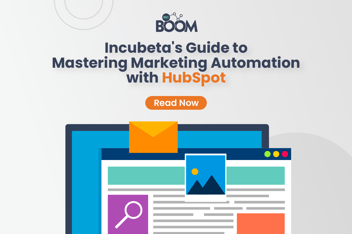
.jpg?width=352&name=HubSpot-Inc-Logo-1%20(1).jpg)